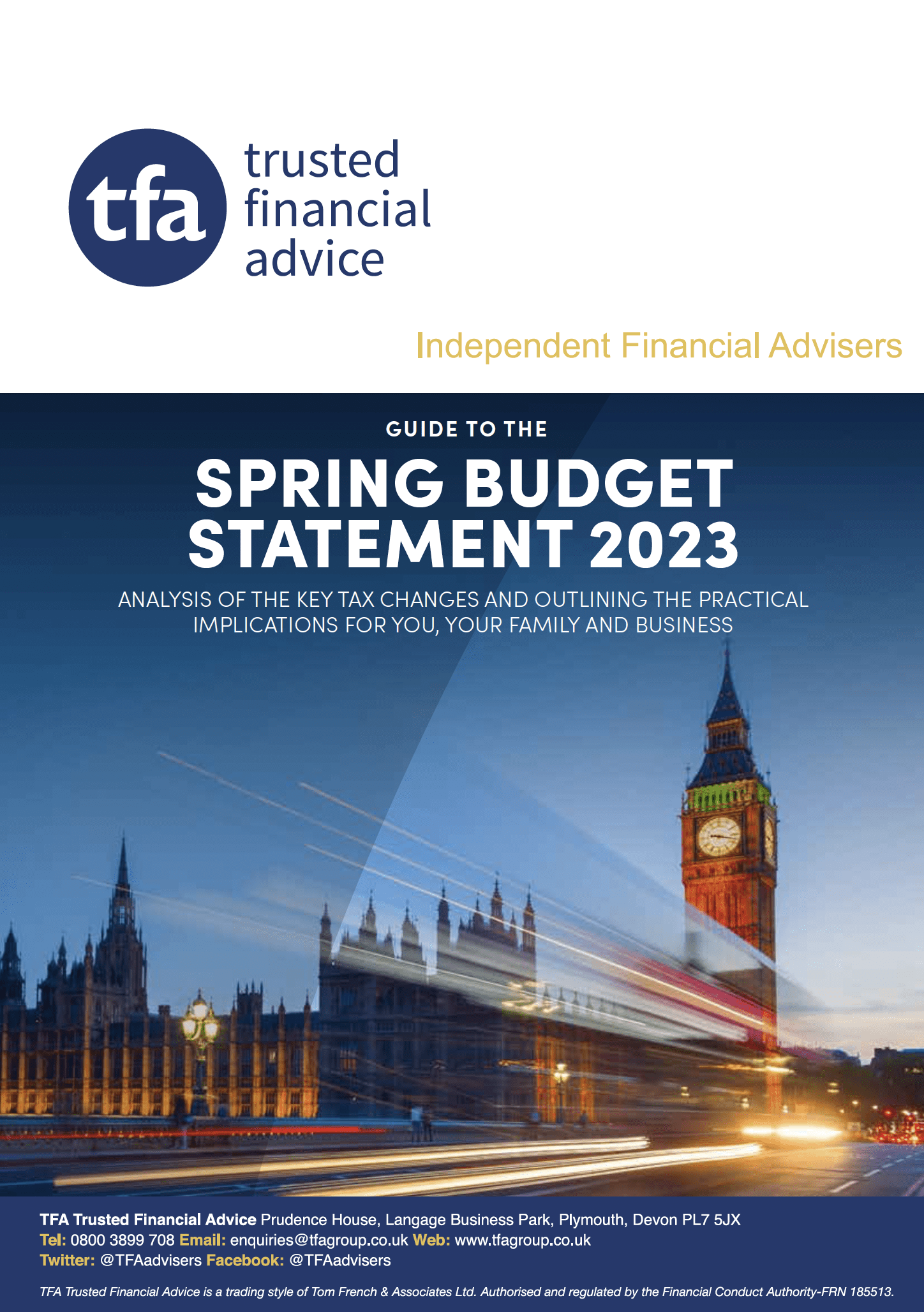What does it mean for your finances?
On Wednesday 15 March, Jeremy Hunt, the Chancellor of the Exchequer, addressed the Com-mons to deliver the Spring Budget 2023, with an aim to bring people back into the workforce. Mr Hunt commented that the Office for Budget Responsibility (OBR) expects inflation to fall from 10.7% to 2.9% by the end of 2023.
The Chancellor said the OBR now forecasts the UK will not enter a technical recession this year. But despite narrowly avoiding recession, living standards are still predicted to fall by 6% within this fiscal year and the next.
Key budget announcements included the abolishing of the Lifetime Allowance on tax-free pension contributions, which was previously set at £1,073,100. The tax-free annual pension allowance for pension pots will also rise from £40,000 to £60,000 from 6 April 2023.
Working parents in England are to receive 30 hours of free childcare per week, though this won’t be fully implemented until 2025. It will be phased in for households where the parent or parents work: April 2024: Eligible two-year-olds will get 15 hours of free childcare per week; September 2024: Eligible children between nine months and two years will get 15 hours; and September 2025: Eligible children between nine months and three years will get 30 hours.
Fuel duty has been frozen again whilst help with energy bills will remain for an extra three months and disabled people can apply for up to 50,000 places on a new voluntary employment scheme funded by the government. The Chancellor also confirmed that Corporation Tax will rise from 19% to 25% in April.
What does the Spring Budget Statement 2023 mean for you, your family and business?
In our guide to the Spring Budget Statement 2023, we look at the key announcements from Jeremy Hunt’s speech. If you require any further assistance or would like to discuss your situation, please contact us.

